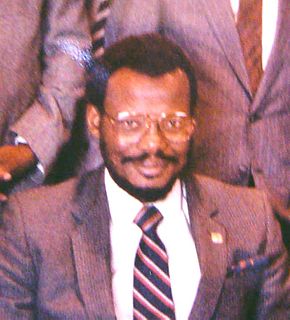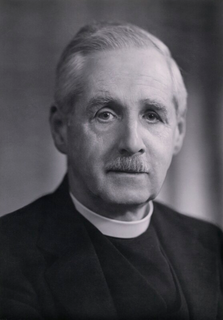A Quote by Gustave Flaubert
Our ignorance of history causes us to slander our own times.
Related Quotes
The significance of our lives and our fragile planet is then determined only by our own wisdom and courage. We are the custodians of life's meaning. We long for a Parent to care for us, to forgive us our errors, to save us from our childish mistakes. But knowledge is preferable to ignorance. Better by far to embrace the hard truth than a reassuring fable. If we crave some cosmic purpose, then let us find ourselves a worthy goal.
I think a lot of times when people hear the word dance, they think 'oh, that's something that I can't do.' But dance really lives in our bodies and the thing that I've come to learn, embrace and lift up is that we have history in our bodies that's living and breathing. We have our own individual history but we also have our heritage. Each one of us has our movement language and it's about tapping into that and pulling that out. That's the thing that I try to encourage everybody because it's not about dance, it's about the movement and the gesture and how we honor it.
We have heard of a Society for the Diffusion of Useful Knowledge. It is said that knowledge is power, and the like. Methinks there is equal need of a Society for the Diffusion of Useful Ignorance, what we will call Beautiful Knowledge, a knowledge useful in a higher sense: for what is most of our boasted so-called knowledge but a conceit that we know something, which robs us of the advantage of our actual ignorance? What we call knowledge is often our positive ignorance; ignorance our negative knowledge.
O Holy Spirit of God, abide with us; inspire all our thoughts; pervade our imaginations; suggest all our decisions; order all our doings. Be with us in our silence and in our speech, in our haste and in our leisure, in company and in solitude, in the freshness of the morning and in the weariness of the evening; and give us grace at all times humbly to rejoice in Thy mysterious companionship.






































